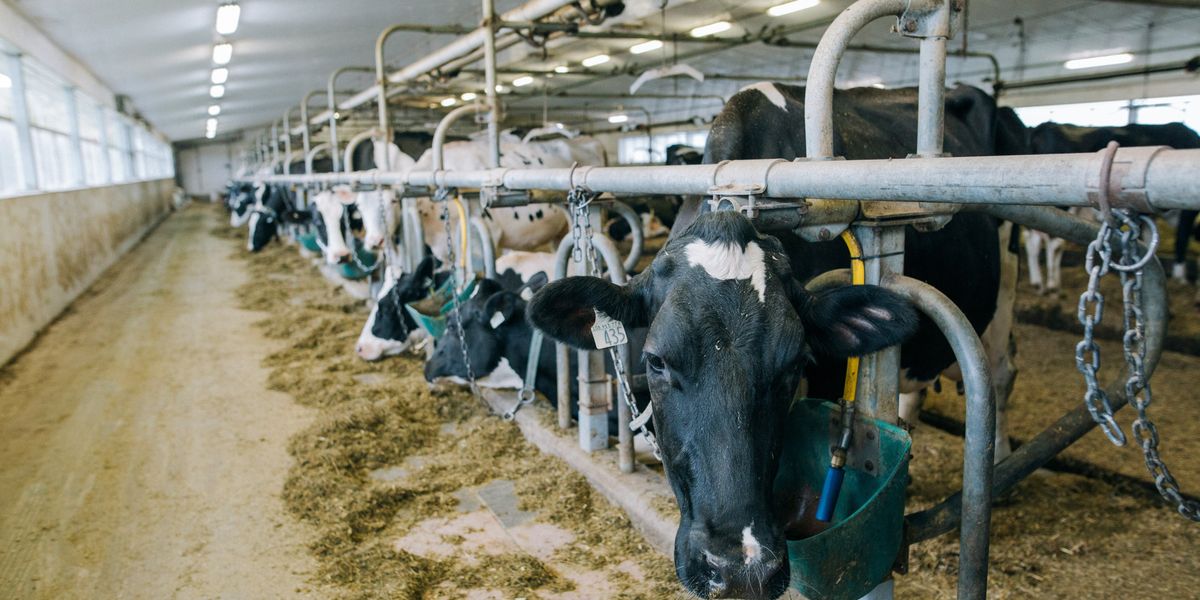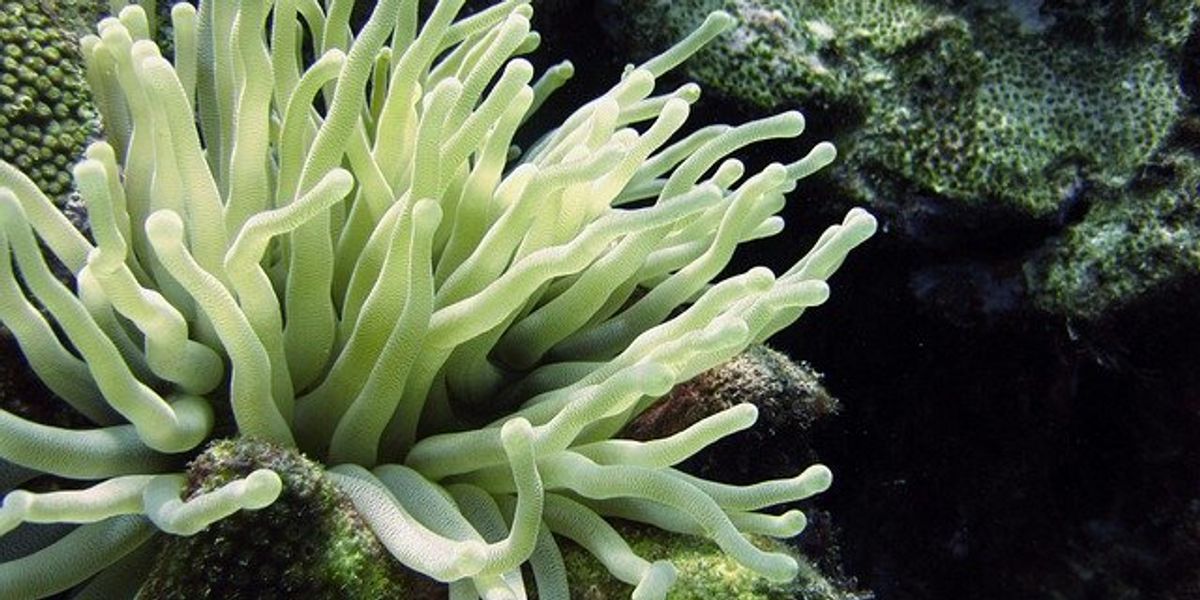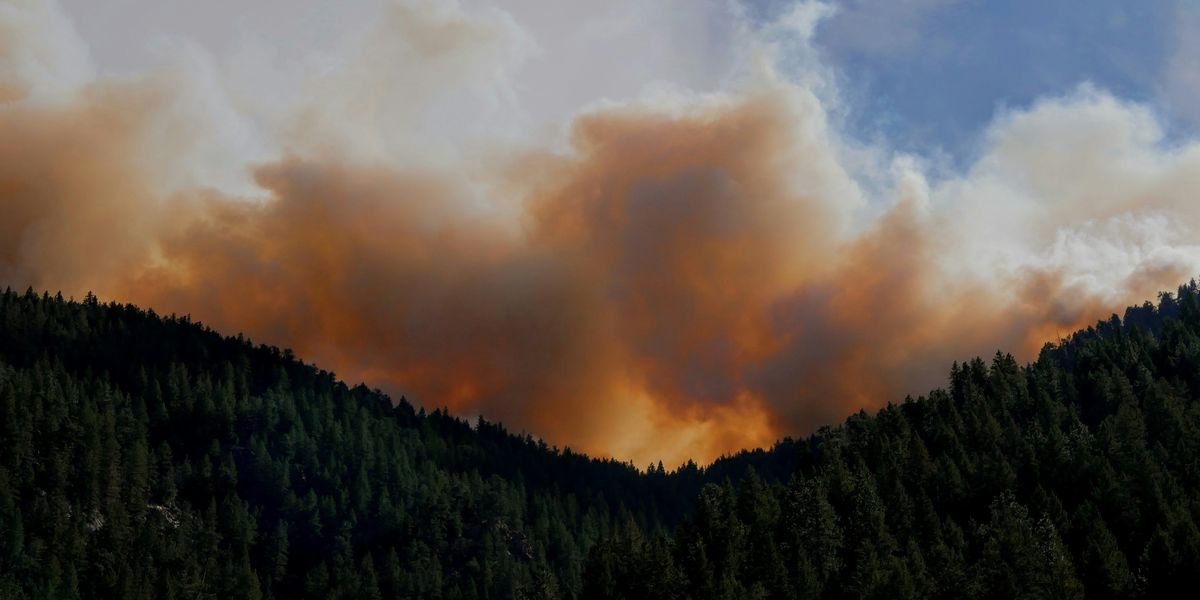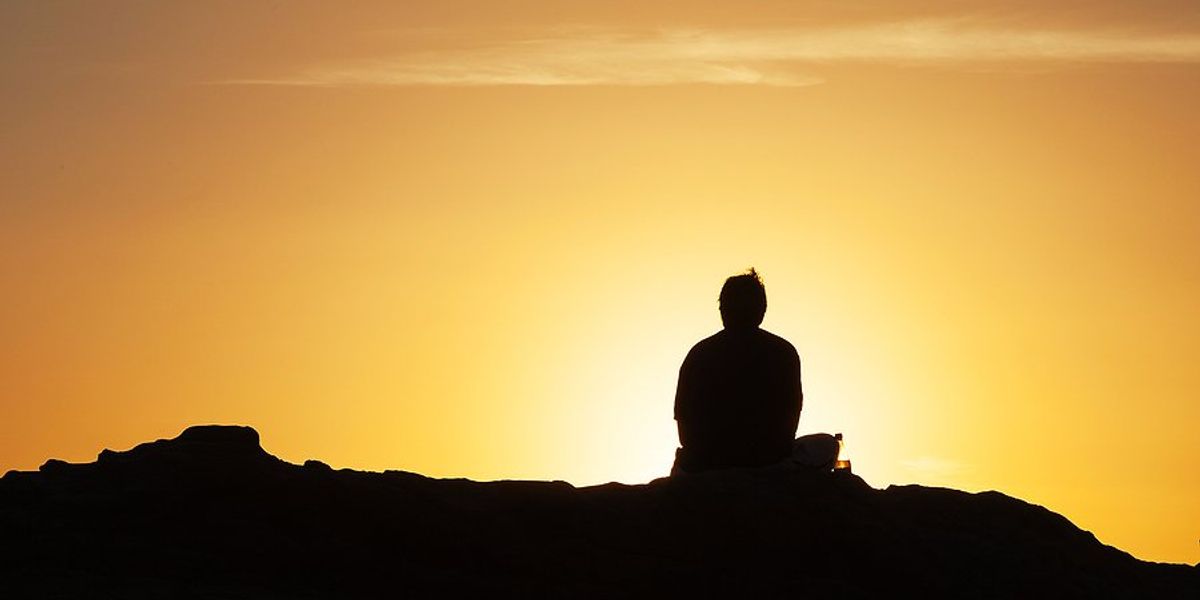latin america
Argentina faces pivotal decision with proposed oil extraction bill
A proposed bill could drive Argentina's economic future by tapping into its vast oilfields, despite concerns about environmental impacts and hindering energy transition efforts.
In short:
- The bill aims to attract billions in oil and gas investments, shifting Argentina toward fossil fuel reliance.
- President Javier Milei's administration supports the bill to boost the Vaca Muerta oilfield, one of the world's largest shale reserves.
- Environmentalists warn of severe pollution, water contamination, and negative impacts on local communities.
Key quote:
“We are facing the pinnacle of extractivism, the final adjustment of the screw so that Argentina is no longer a sovereign country over its territory.”
— Enrique Viale, lawyer and president of the Argentine Association of Environmental Lawyers
Why this matters:
Argentina's move to expand fossil fuel extraction could significantly impact global efforts to combat climate change. The potential environmental degradation poses serious risks to local ecosystems and communities.
Latin Americans turn to human rights court over climate change impacts
Victims from Latin America are addressing the consequences of climate change through a groundbreaking case at the Inter-American Court of Human Rights, which could significantly influence international legal standards.
Anastasia Moloney reports for The Christian Science Monitor.
In short:
- The case involves testimonies from individuals across Latin America, discussing how climate change has directly impacted their lives and rights.
- Legal experts, U.N. agencies, and environmental groups are providing evidence and opinions to support the establishment of state responsibilities regarding climate change.
- Future court sessions in Brazil will further explore the duties of states in protecting human rights amid the climate crisis.
Key quote:
"We’re hoping that the court’s legal opinion is a guide and reference for Mexico, and other states, to develop public policies from a climate justice perspective."
— Nora Cabrera, lawyer and head of Our Future
Why this matters:
The case represents a critical moment for environmental law and human rights, signaling a new avenue for citizens to hold their governments accountable for environmental degradation. The court's decision may set a precedent for climate litigation, enhancing legal frameworks across nations to better address and mitigate the human rights impacts of climate change. This could lead to improved policies that effectively support affected communities and prevent further harm.
Maya immigrants embrace ancient farming techniques in Nebraska
In Nebraska's fields, Maya farmers from Latin America are revitalizing the landscape with traditional milpa farming practices, designed to enrich biodiversity and mitigate climate change impacts.
In short:
- The milpa farming method intercrops various plants to maintain soil integrity and enhance ecosystem health.
- Luis Marcos leads Nebraska's Maya community in implementing these sustainable practices as a way of cultural and environmental preservation.
- This initiative counters monoculture's drawbacks and aligns with global efforts to leverage nature-based solutions for climate change.
Why this matters:
Rooted in a Mesoamerican method of intercropping corn, beans, and squash, milpa encourages biodiversity and has become increasingly relevant as a sustainable model in the face of climate change. As the global community seeks effective strategies to manage climate change, embracing indigenous knowledge offers a viable path forward.
Related: Alexa White argues that the global food system is failing small-scale farmers — and suggests some ways we can fix this.
Brazilian researchers announce promising new dengue vaccine amidst Latin American outbreak
A public research institute in Brazil has developed a promising single-dose vaccine offering strong protection against dengue, a timely discovery given the current severe outbreak across Latin America.
In short:
- The new vaccine effectively combats all four dengue virus strains, potentially improving future outbreak responses.
- Despite this breakthrough, production delays mean the vaccine won't be available in time to combat the current or possibly even the next outbreak cycle.
- Brazil faces specific challenges, as the new vaccine will initially only be available domestically, leaving other Latin American countries to wait for alternative solutions.
Why this matters:
A more effective vaccine could reduce the incidence and severity of the disease, easing the burden on healthcare systems and improving public health outcomes. This is particularly crucial as climate change could expand the habitats of dengue-carrying mosquitoes, potentially increasing the risk areas for the disease.
At least 112 dead as authorities struggle to contain forest fires in Chile
People told to evacuate homes as quickly as possible and curfews declared in cities most heavily affected.
Latin America sees misinformation on climate change, study says
As Latin American leaders head to the COP28 climate summit, a new study warns that some politicians and their followers have been using recent extreme weather events to spread misinformation about climate change, a new report finds.
Environmental crime money easy to stash in US due to loopholes, report finds
Secrecy and lax oversight mean illegal loggers and miners in Amazon can park billions in real estate and other assets.



















